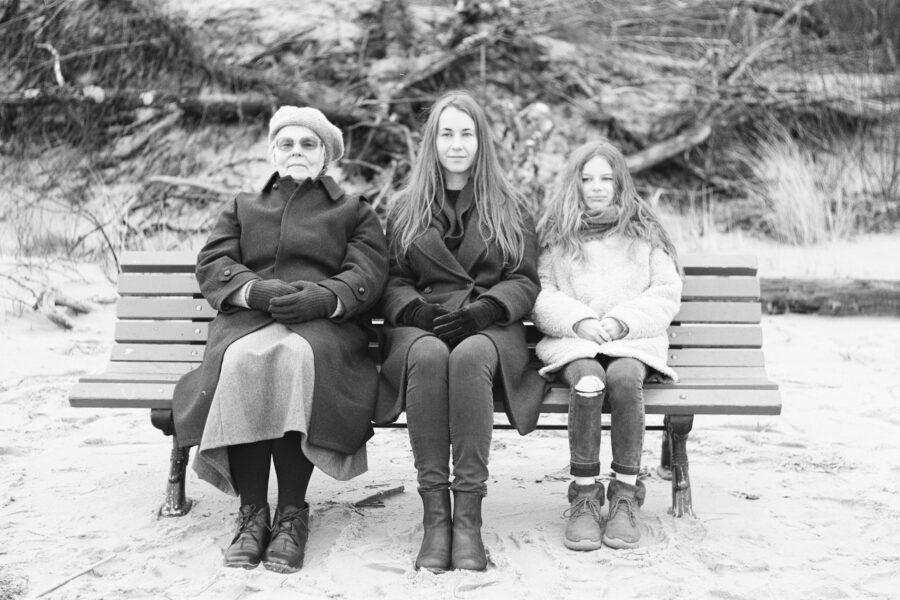In previous generations, emotional health was largely absent from mainstream parenting discourse.
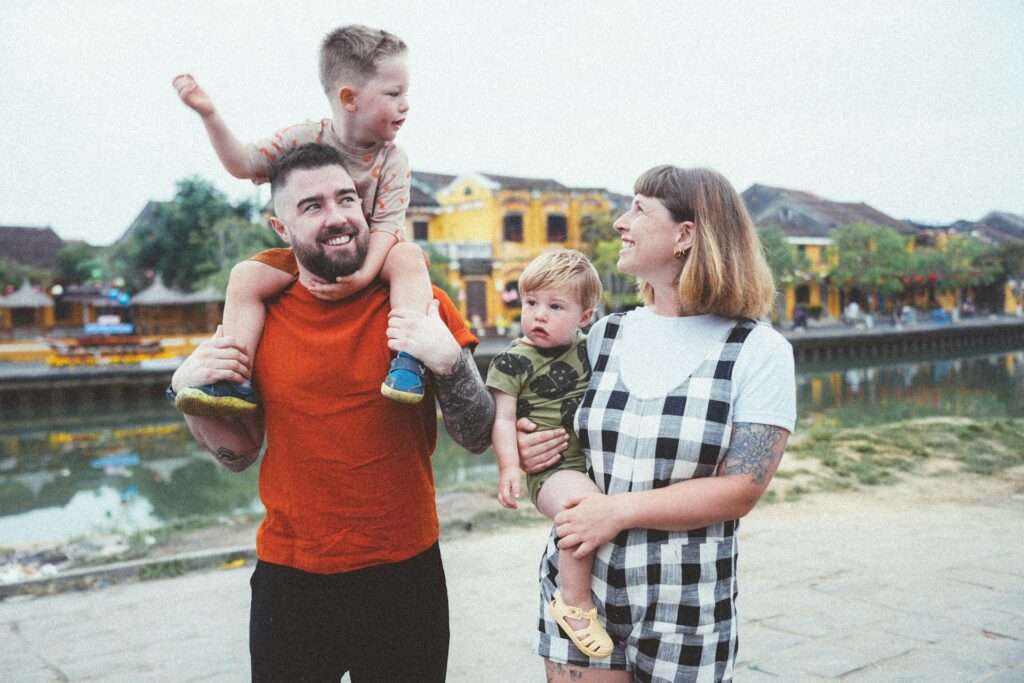
Children were expected to manage their feelings quietly, without disrupting the household or questioning authority. Emotional expression, particularly anything beyond happiness or obedience, was often discouraged. In contrast, millennial parents—typically those now in their late twenties through early forties—are parenting in a way that centres emotional development, communication, and psychological insight.
This generation has experienced economic downturns, political uncertainty, climate anxiety, and a global pandemic, all while grappling with mental health at a cultural level that’s more visible than ever before. Many have also taken steps to process their own early experiences through therapy, education, and community dialogue. As a result, their parenting practices reflect a deliberate and research-informed departure from many of the traditions they were raised with.
Rather than aiming for perfection or control, millennial parents are prioritising emotional literacy, self-awareness, and relationship-building. Here are some of the key ways they’re reshaping what emotional health looks like in parenting, not as an optional add-on, but as a fundamental part of a child’s development and wellbeing.
They normalise emotional expression from an early age.

Millennial parents are increasingly intentional about helping their children name, understand, and communicate their emotions. Instead of dismissing tears with a “you’re fine” or discouraging anger, they create space for those feelings to be acknowledged and understood. This change starts early, with toddlers being taught basic emotional vocabulary, and continues as children grow into more complex emotional landscapes.
Research published in the Journal of Child and Family Studies suggests that children encouraged to express their emotions show improved emotional regulation and more adaptive social functioning
The goal isn’t to pathologise every feeling, but to ensure that children don’t internalise the message that emotions are problematic or burdensome. Making emotions part of everyday language helps reduce emotional suppression, builds self-trust, and strengthens parent-child bonds. It also equips children to handle emotional challenges more effectively as they grow.
They model accountability through apology.

Traditional parenting models often positioned adults as unquestionable authorities. But millennial parents are more likely to acknowledge their own missteps and apologise when they behave unfairly, lose their temper, or misjudge a situation. This modelling of humility and emotional accountability reflects a broader cultural shift away from authoritarian parenting toward a more relational style.
Apologising doesn’t undermine authority, it humanises it. It creates a climate where children learn that mistakes are not character flaws but opportunities for growth. When a parent can say, “I’m sorry I shouted—I was feeling overwhelmed,” it teaches children both emotional awareness and how to take responsibility for their impact on other people.
A 2022 YouGov survey found that 66% of UK millennial parents identify as more emotionally open with their children than their own parents were.
They value emotional safety as much as behavioural compliance.

Where older parenting models may have prioritised obedience and discipline, millennial parents are often more focused on emotional context. When a child is upset or acting out, the goal isn’t to eliminate the behaviour immediately; it’s to understand what’s driving it. What’s the unmet need? What’s the child struggling to express?
This doesn’t imply permissiveness. Boundaries are still set, but they’re implemented with emotional context in mind. The focus shifts from simply enforcing rules to fostering self-regulation and resilience. Discipline becomes less about punishment and more about teaching, not only behavioural limits but also emotional insight. Harvard’s Center on the Developing Child has identified emotional security and responsive relationships as essential to cognitive and emotional development.
They embrace emotional transparency in age-appropriate ways.
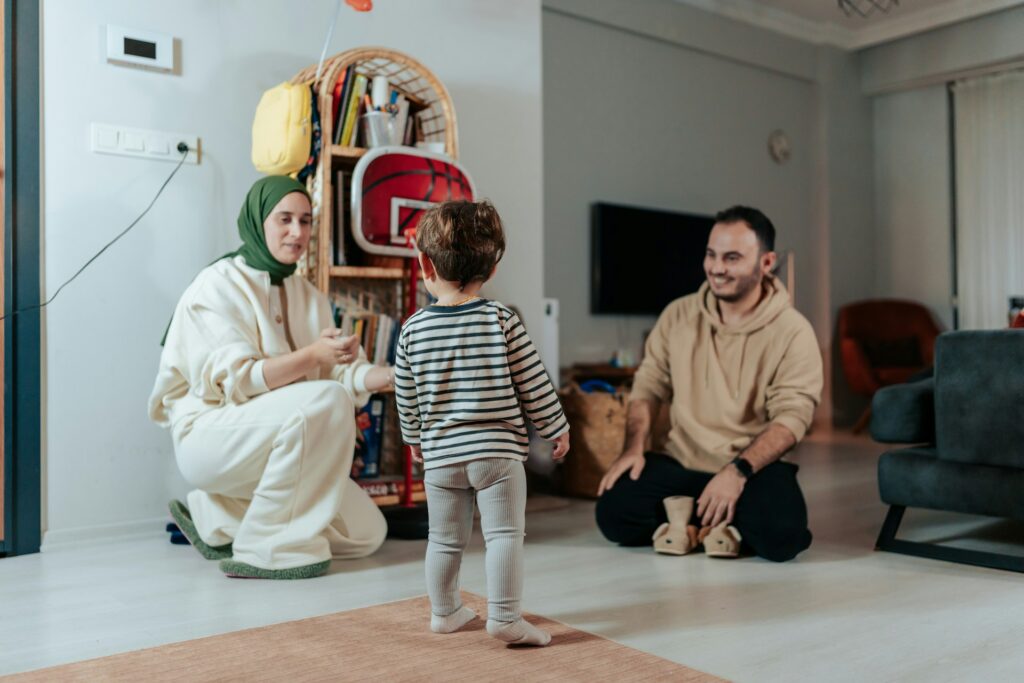
Millennial parents are less likely to shield their children from all negative emotions. Instead, they model emotional honesty in a measured, developmentally appropriate way. For instance, they might say, “I’m feeling overwhelmed right now, so I need a moment,” rather than masking distress entirely. This kind of openness allows children to see that emotions can be handled constructively.
Emotional transparency doesn’t mean overburdening children with adult concerns. It means letting them witness the full spectrum of emotion in a way that feels safe and grounded. Children raised with this kind of modelling are more likely to develop emotional intelligence, empathy, and the ability to articulate their own experiences clearly.
They prioritise bodily autonomy and personal boundaries.
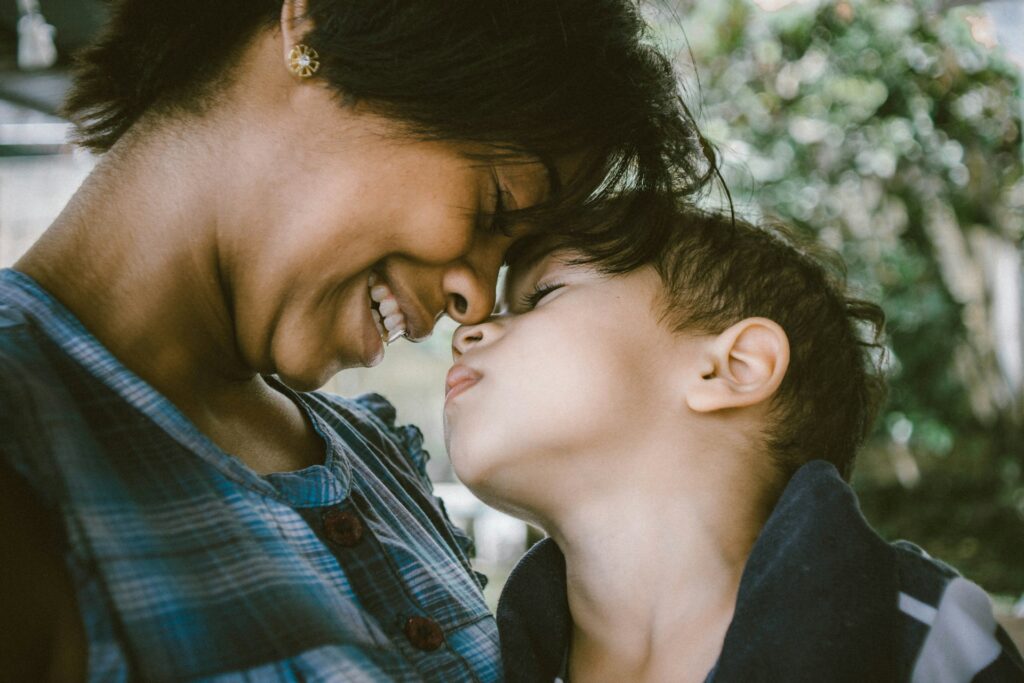
A defining feature of millennial parenting is the emphasis on consent and bodily autonomy, even from a young age. This includes encouraging children to choose whether they want to hug someone, to speak up when something feels uncomfortable, and to recognise their right to personal space.
Respecting bodily autonomy isn’t just about comfort; it’s about laying the groundwork for consent culture, personal agency, and long-term emotional safety. This approach fosters early self-respect and reduces the likelihood of boundary violations being normalised. According to a study in Child Psychiatry & Human Development, children who understand and assert boundaries early in life show greater emotional security and resilience later on.
It’s also a response to the cultural shift in how we think about power and respect. Rather than teaching children to obey adults blindly, millennial parents are helping them recognise their own voice and understand that mutual respect doesn’t mean automatic compliance.
They engage in generational self-reflection.
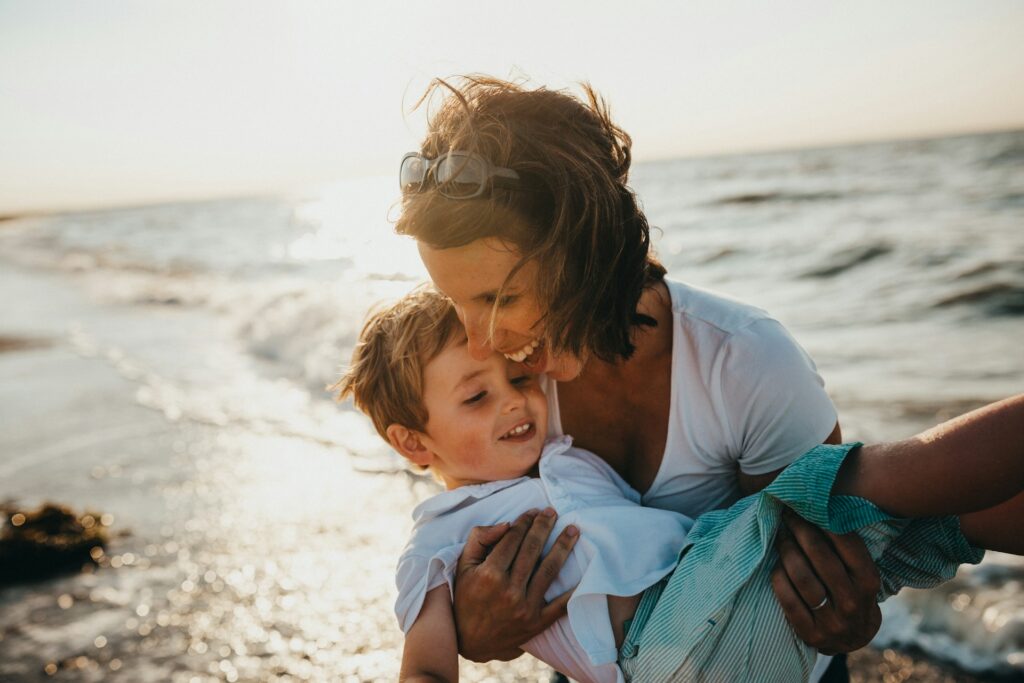
Many millennial parents are intentionally confronting the emotional dynamics they experienced in their own families. Through therapy, self-education, and open conversations, they are examining inherited patterns, and choosing what to pass down and what to change. This work is not always comfortable, but it’s often transformative.
Self-reflection allows parents to interrupt cycles that may have persisted for generations. Whether it’s rethinking how anger is expressed, how emotional needs are handled, or how affection is shown, millennial parents are doing the work to show up differently. They recognise that change takes effort, and that parenting differently than you were parented requires intention, support, and ongoing learning.
They see mental health support as part of everyday life.
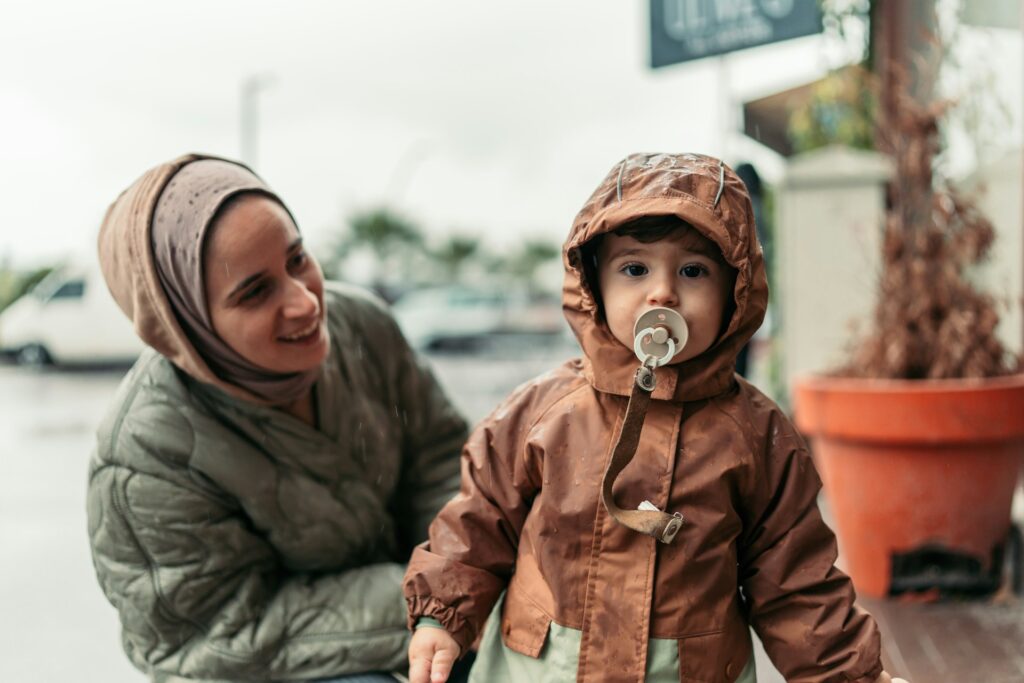
Many millennial parents don’t wait for a crisis to introduce counselling, wellness check-ins, or open conversations about stress. Whether it’s attending family counselling sessions or exploring child-friendly mindfulness exercises, these parents treat mental health like a routine part of overall well-being.
By normalising the idea that emotional challenges can be talked about and addressed, children grow up knowing there’s no shame in seeking help. This proactive stance helps catch small issues before they escalate, and fosters a sense that looking after your mental state is as ordinary (and important) as brushing your teeth or eating a balanced meal.
They practise empathy-based discipline that focuses on learning over punishment.

While rules and boundaries are still in place, discipline under this style tends to emphasise understanding what led to a child’s behaviour and guiding them toward healthier choices next time. It’s not about letting children do whatever they want; it’s about giving them the chance to learn from mistakes without fear of harsh punishment.
Because they’re consistently responding with empathy, millennial parents encourage honesty and reflection, which helps children build lasting emotional skills. This way, the discipline process itself becomes an opportunity for growth and connection, rather than a moment of shame or fear.
They don’t blame past generations.
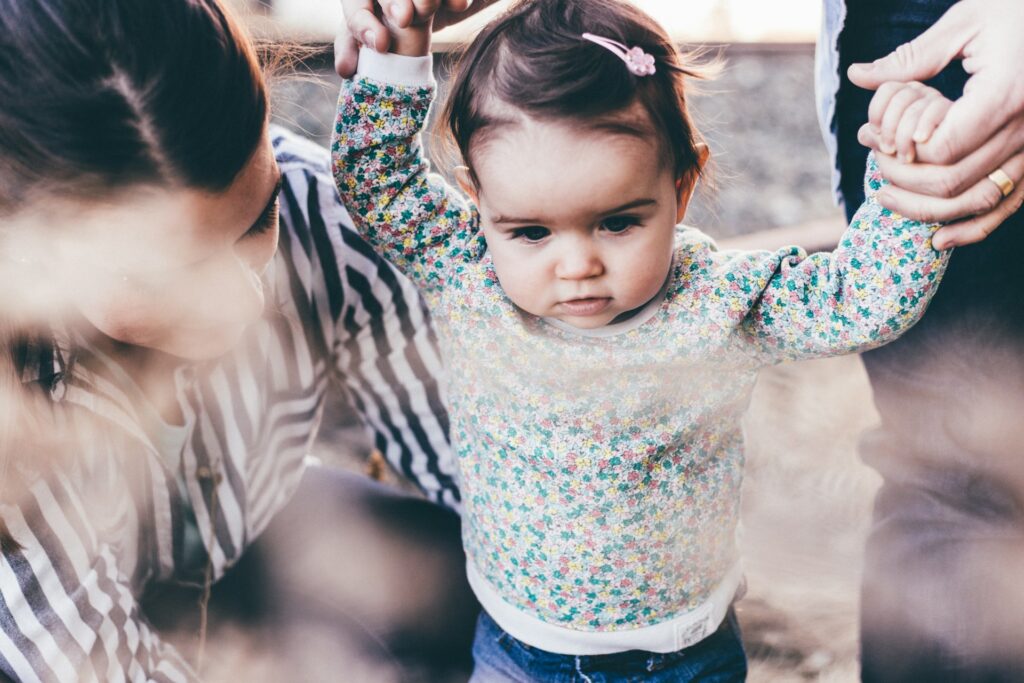
It’s pointless to look to the past for someone to point the finger at. Instead, the focus should be on creating a parenting style that aligns with current understanding of child development and emotional wellness. The willingness to evolve, question, and adapt is part of what defines this generation’s contribution to parenting culture.
Parenting will never be perfect, and every generation faces its own unique challenges. But millennial parents are demonstrating that when emotional health is treated as a core value, not an afterthought, it can have a lasting impact. Through everyday choices and sustained reflection, they’re creating environments where children feel seen, supported, and emotionally equipped for life. It’s not just a new style; it’s a new standard.


